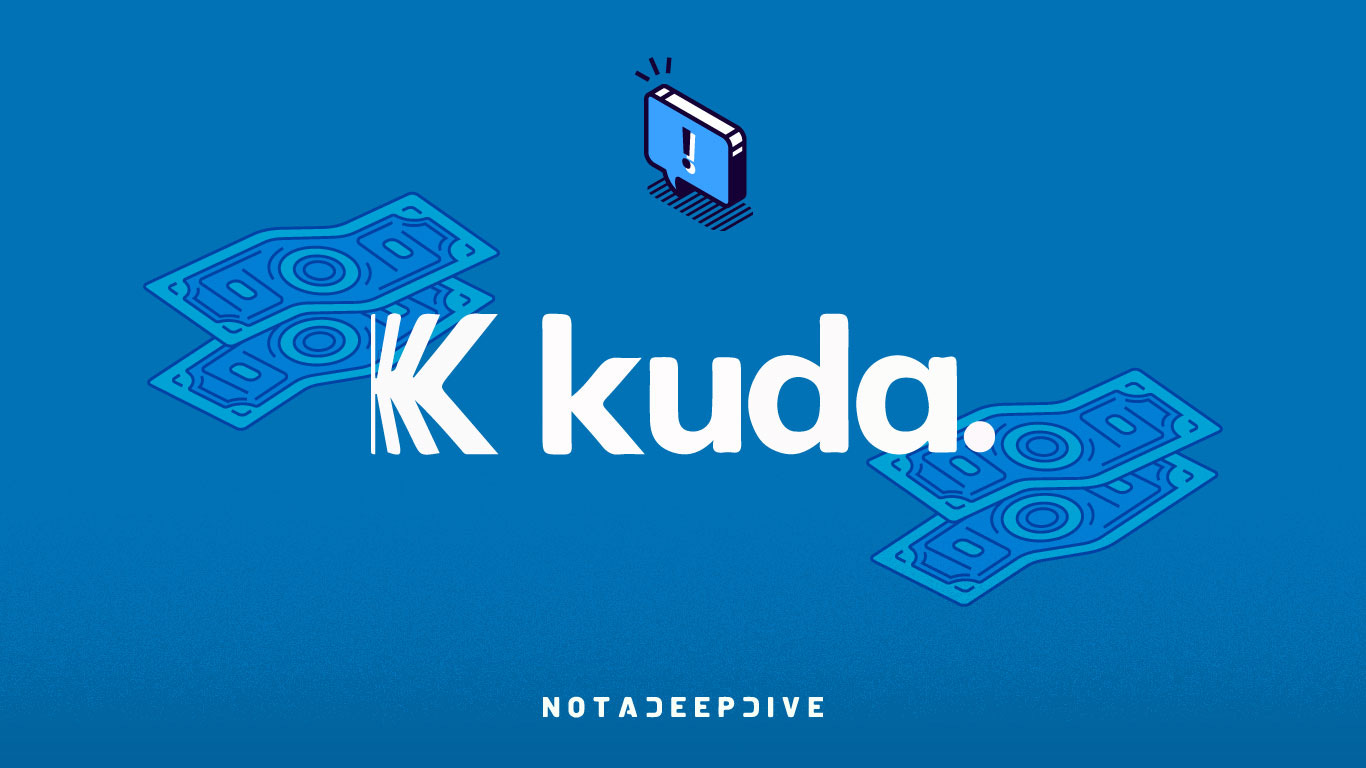If you missed last week’s newsletter, catch up here.
Today’s Notadeepdive is 887 words; if you’re not already a subscriber, fix up!
TOGETHER WITH FINCRA
Write about all the awesome things you’ve built or are building with Fincra’s APIs and stand a chance to win cash prizes 🚀
Jumia’s interesting changes
After ten years in charge of Jumia, Jeremy Hodara and Sacha Poignonnec, the company’s co-CEOs (an admittedly strange arrangement in these parts) have stepped down after ten years. While their leadership of the company started on a high note and saw achievements like regional expansion, unicorn status, and an Initial Public Offering, their leadership ends with a whimper. In ten years, there’s been a reversal of most of the company’s high points. Their regional expansion, which had one time meant they were in 14 countries, proved to be too ambitious, with the company eventually closing shop in Rwanda, Tanzania, and Cameroon.
Their IPO, which has been the subject of many articles, was dogged by allegations of fraud, eventually depressing the stock price. Over the years, Jumia’s share price has consistently underperformed, save for that one wild swing where it briefly hit $50 in 2021. Today, the stock is trading at around $4, up from $3.57 when its change of leadership was announced. At that price, the company’s valuation means it is temporarily not a unicorn.
Yet, the biggest criticism of Hodara and Poignonnec’s leadership will be that after all was said and done, they were unable to make the company profitable or really bring it within touching distance. Pre-IPO, Jumia’s funding meant that it could pursue an expensive growth strategy, but once it became a public company, it meant that it had to work out a clear path to profits. That pressure got worse as the company’s share price tanked and it continued to burn whatever money it had raised in the public markets.
By 2021, both CEOs started to talk about profits as the goal in investor presentations and interviews; it was clear that something had shifted. On one occasion, they seemed to imply that they had a goal of reaching profits by 2023. To be fair, Jumia has made some interesting progress, increasing its customer base, Gross Merchandise Value (GMV), and margins after fulfillment. These metrics point to the fact that the company could very well be viable, but no matter how you slice and dice it, the company cannot stop burning money. Jumia’s board is now ready to try a new approach.
Part of the company’s press release announcing the leadership change reads, “Building even stronger fundamentals for our e-commerce businesses by refocusing teams and resources on activities and projects delivering the best-added value to consumers, sellers, and the broader Jumia ecosystem. Reducing operating losses and setting the business on a clear path to profitability, through stronger cost discipline, targeted monetization initiatives, and a more simplified and efficient organization.”
Something else caught my interest about Jumia’s press statement. “Francis Dufay is appointed Acting CEO…Based in Ivory Coast since 2014 and an Ivorian national, Francis brings a deep understanding of our business and the markets that we operate in.” It then added in a separate paragraph, “The Company will be making select senior management changes with a focus on locating leaders and decision centers closer to consumers and sellers in Africa.”
Is it me or does this feel like an admission, that up till now, Jumia’s top leadership may have been running the company from outside of the continent?
Moving on!
TOGETHER WITH HAUL247
Simplified Logistics Solutions with Haul247
Haul247 is a one-stop platform for haulage and storage solutions. Haul247 matches haulage or storage orders with available assets using an "Airbnb" model. With this, partners are assured of reverse haulage and shippers are charged less, reducing transportation costs and maximizing asset use. Haul247's innovative solution to logistics and supply chain challenges is positioned to unlock African trade.
Kuda is joining the remittance rat race
The best joke I heard this week is this: if you shake a tree, any tree, an African-focused remittance company will fall out of it. It tracks, given the number of startups that spring up every other day to help African immigrants send money back home. (For all the smart asses who are about to remind me where I work, I knowwwww!)
Kuda Bank has now joined that race, with a remittance product for the UK that has a flat fee of three Pounds per month. When you think about it, it’s kind of genius, given that there’s enough space for everyone in the remittance space to grab some market share. With little differentiation among many of the services, the ultimate decider for many users is finding the best exchange rate. Ultimately, you get the sense that this sector could very well be a race to the bottom, so the smartest players are layering something on top of remittance or building stuff around it.
For Kuda, whose customers are mostly Nigerians in Nigeria, you can guess that their revenue per user is likely small. But with a UK remittance play, it can easily get three Pounds per user and if it reaches 100k users in its first year, that could be quite the boost to revenue. But as anyone can tell you, it’s easier said than done so we’ll see how this plays out!
Chart of the day
Nigeria’s falling oil production figures
What I’ve been reading
I recently recommended a fairly old piece of fiction that I read years ago to a friend. It’s still as captivating as the first time I read it.
Sometimes the news can just feel like numbers…people losing homes, houses or loved ones in a flood. This real-time telling shows how devastating the flooding in Nigeria was this year.
The fascinating tale of Stephen Glass, a journalist that fudged and made things up until he was in over his head.
SoftBank is expecting a $100 million loss on its FTX stake
See you next week!









